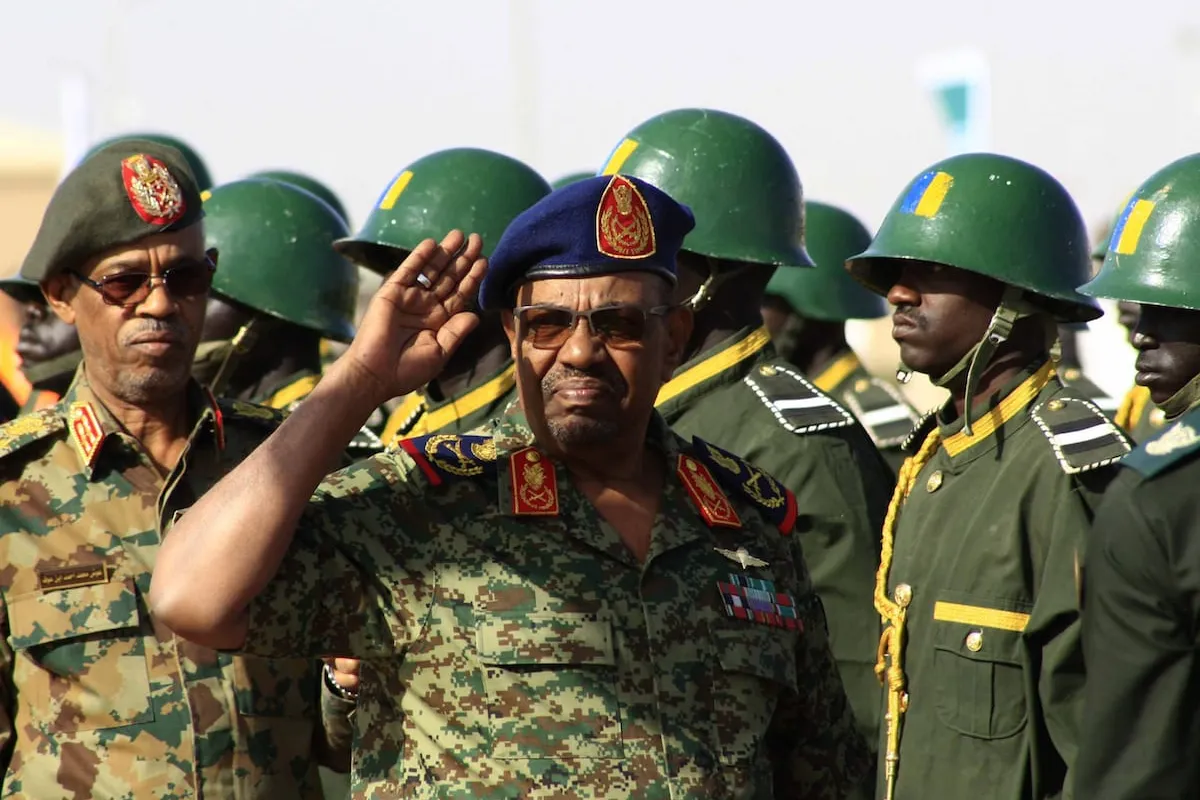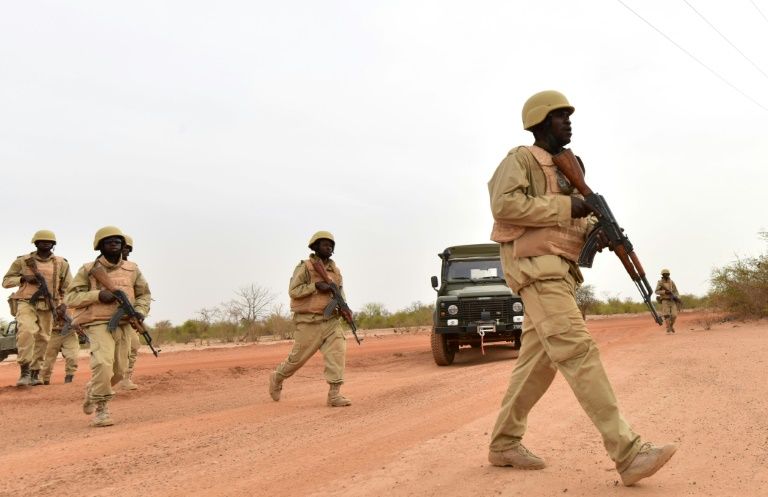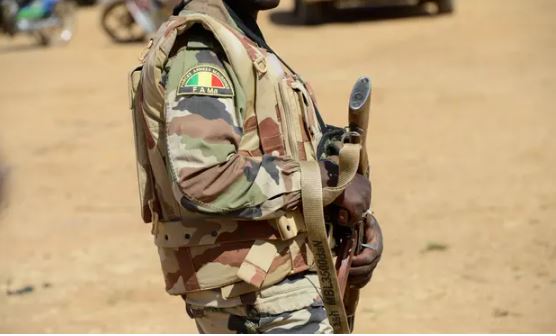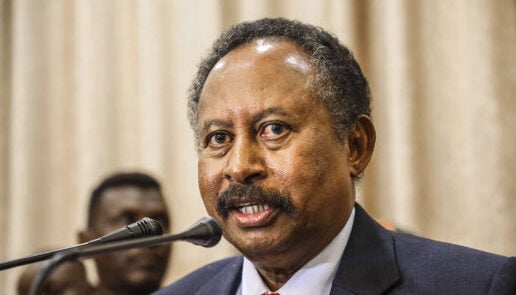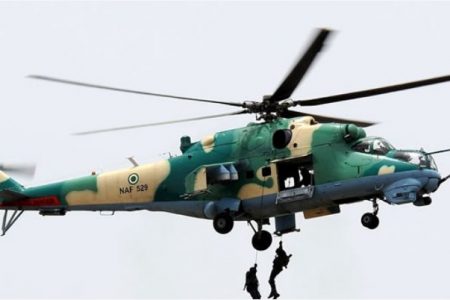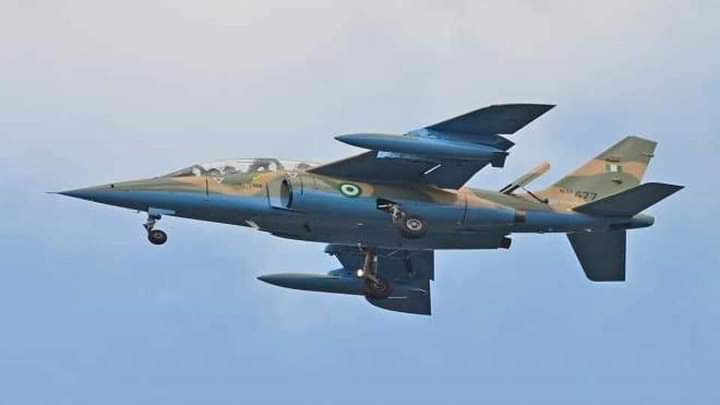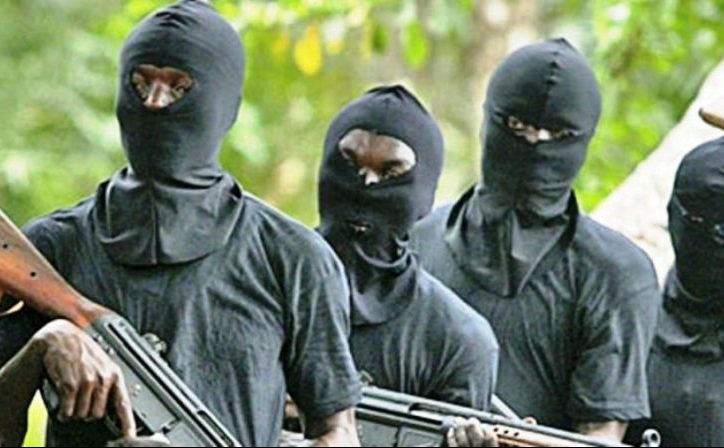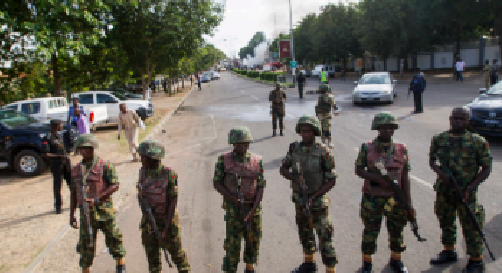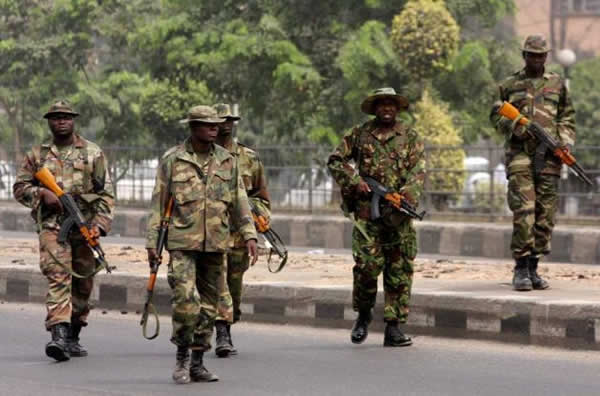Sudan’s army said its forces had withdrawn from positions in Wad Madani after the advance of its paramilitary rivals on the city triggered a mass exodus of civilians, some already displaced during an eight-month-old war.
Troops from the paramilitary Rapid Support Forces (RSF) have gained momentum in recent weeks, consolidating their grip on the vast Darfur region and seizing new territory stretching east towards the capital Khartoum.
Wad Madani is a major city about 170 km (105 miles) southeast of the capital Khartoum that has served as an aid hub and refuge for internally displaced people.
It is the capital of El Gezira state, an important farming region in a country facing worsening hunger.
The RSF’s entry into the city has caused up to 300,000 people to flee the area, the International Organisation for Migration (IOM) said on Monday.
On Tuesday, a video posted on social media showed what appeared to be a large office building in Wad Madani in flames, which an RSF fighter said was a bank that had been struck by the army.
Another video showed RSF fighters in a storeroom stacked with weapons and ammunition.
The videos were not verified by Reuters.
“The Rapid Support Forces are spread out in the streets of Wad Madani, on trucks and motorbikes, firing in celebration, and army aircraft are striking some districts,” resident Ahmed Adel told Reuters by phone.
“People are in a state of fear and panic and are fleeing in large numbers.”
The RSF, a hardened force that grew out of militias the army deployed two decades ago to brutally suppress an insurgency in Darfur, has held most of Khartoum since the early days of the war.
The army, which has aircraft but little effective infantry, controls eastern and northern Sudan, leading to fears the country, Africa’s third largest by area, could splinter.
Residents say army airstrikes have caused widespread civilian casualties.
The U.S. State Department said on Tuesday it was deeply concerned by reports that army planes were bombing populated areas in north and south Darfur.
The army said in a statement that the reasons for the withdrawal of its forces from Wad Madani were being investigated.
The RSF, which has been accused of widespread looting, detentions, and sexual violence in Khartoum and other cities, said it would offer protection and basic services to civilians in Wad Madani.
War in Sudan broke out in mid-April after weeks of tensions over the powers of the army and the RSF under a planned transition towards civilian rule.
The rivals had shared power with political parties following a 2019 popular uprising before jointly staging a coup in 2021.
The conflict turned Khartoum into a war zone, triggered a wave of ethnically driven killings in Darfur, and caused a major humanitarian crisis.
The IOM said on Tuesday that more than 7 million people had fled their homes because of the war, including more than 1.5 million who have crossed to neighbouring countries.
